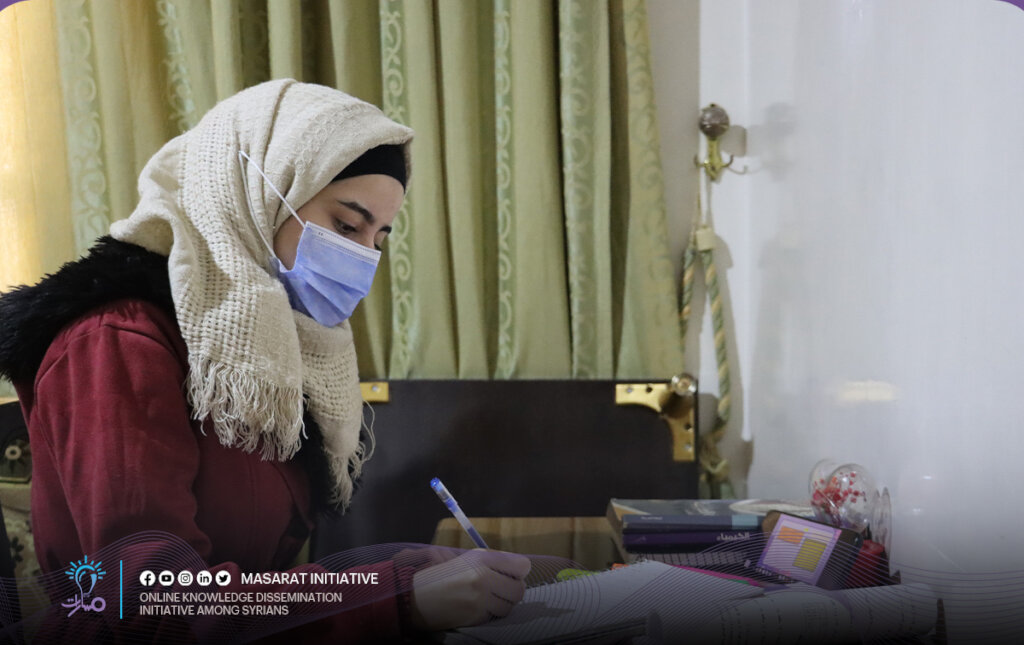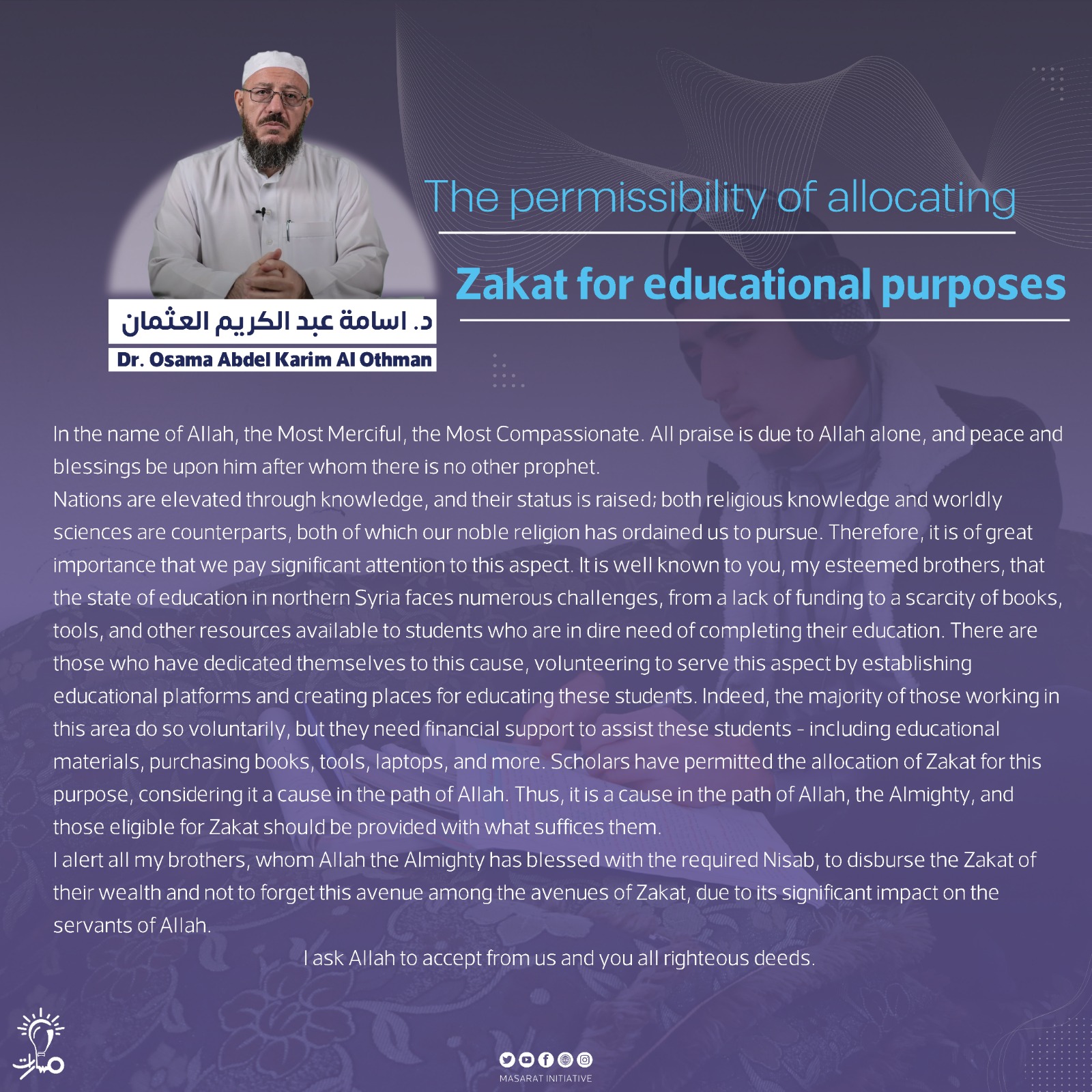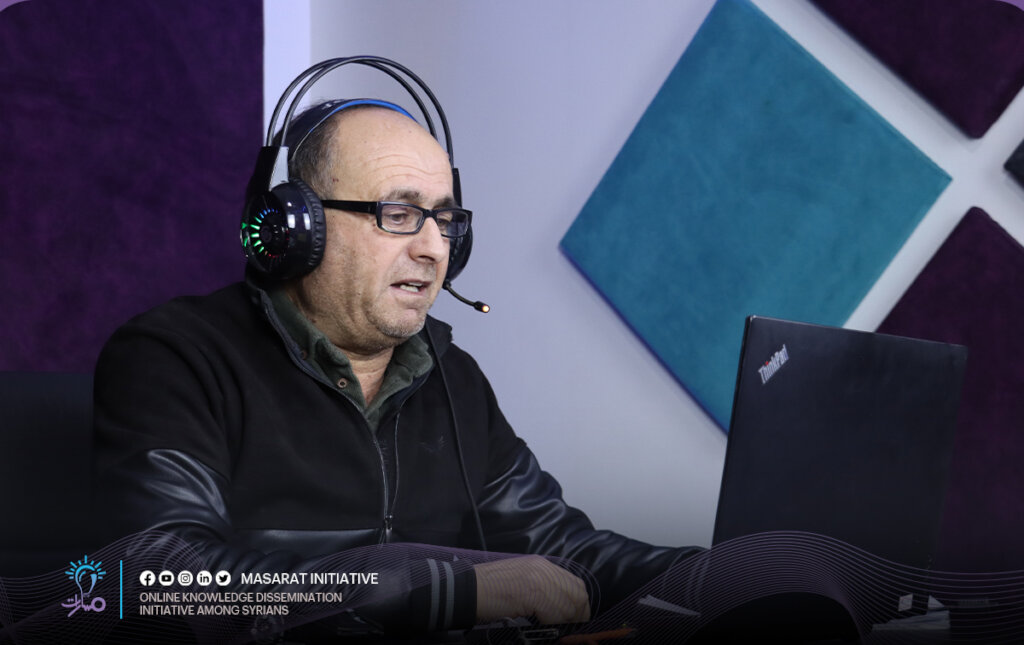Zakat is an obligatory act on every capable Muslim whose wealth reaches the nisab (minimum amount required for zakat to be due) and is considered one of the primary means of social solidarity. Regularly discharging zakat as prescribed by Allah’s laws for the wealthy Muslims suffices the needs of the poor. This article discusses the zakat on joint wealth, its Sharia ruling, and how it is disbursed.
What is the Ruling on Zakat on Joint Wealth?
Jurists have differed regarding zakat on joint wealth. Some have affirmed the obligation of zakat on the total joint capital if it reaches the nisab, while another view mandates zakat on each partner’s share in the joint capital. However, the principle remains that zakat is obligatory on the free, accountable Muslim for their wealth that reaches the nisab.
Ruling on Partnership Wealth in Islamic Schools
of Thought Zakat on Joint Wealth According to the Shafi’i School
For the Shafi’is, zakat on mixed joint wealth involves discharging zakat from the total wealth if it reaches the nisab. This means considering all partners as one entity, and the zakat conditions apply to the primary capital.
Zakat on Joint Wealth According to the Maliki School
The Malikis rule that zakat on joint wealth is due when each partner’s share alone reaches the nisab. If the individual share does not reach the nisab, no zakat is due on the total, meaning zakat is imposed on the collective shares.
How is Zakat Disbursed on Mixed Wealth According to Other Schools Besides the Shafi’is and Malikis?
In the case of joint wealth according to schools other than the Shafi’is and Malikis, there are two opinions:
- Zakat on joint wealth is imposed on the individual whose share reaches the nisab threshold, treating each person’s share independently without mixing.
- Zakat on joint wealth is imposed on the total, meaning zakat is due on the primary capital as one unit, even if one’s share does not reach the nisab.
How to Discharge Zakat on Joint Wealth?
Zakat on joint wealth is discharged following the jurisprudential school agreed upon by the partners.
If it’s agreed to disburse zakat individually, each person discharges the zakat based on the value of their share, combined with what they own of wealth. If it reaches the nisab of 85 grams of gold, 2.5% of the total wealth value must be discharged.
Masarat for Support Online Education and Knowledge Dissemination in Syria
The Masarat Initiative for free education in Syria is a sustainable project that meets the crucial requirements for empowering individuals and students towards a better future. By providing a wide range of knowledge, scientific, technical, and training pathways, the initiative lays the groundwork for human development and progress.
Your donation will contribute to providing free education for Syrian students, benefiting a large number of these students, including orphans, widows, and others affected by the war, in an effort to create a safe educational environment away from the impacts of war and destruction.








